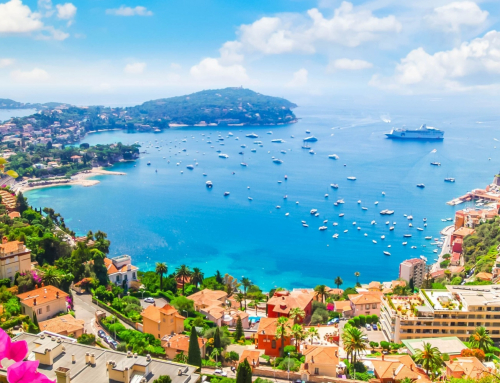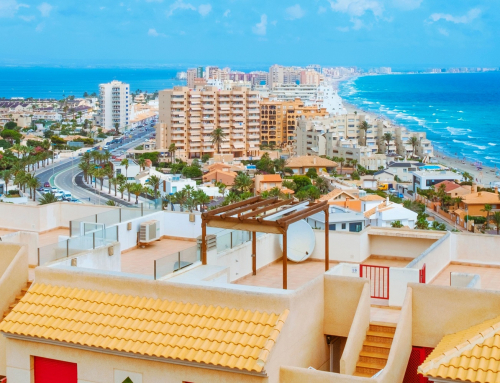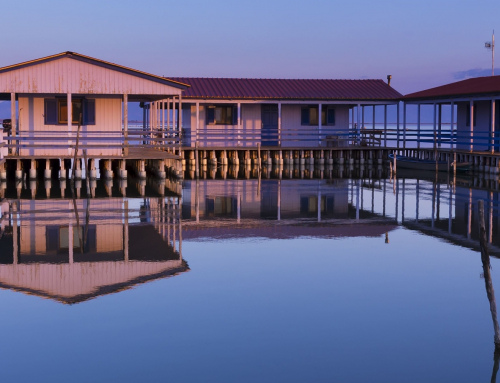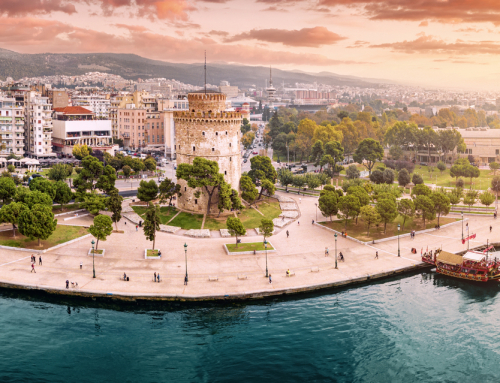Whether you’re thinking about moving to Portugal or are already in the process, you’ll likely have an endless list of tasks to sort out – or maybe you have no idea where to start at all! To help you prioritise and get the ball rolling, here are five essential things to do before you move to Portugal.
If you would like further advice on the buying process in Portugal, download your free Portugal Guide.
Get a fiscal number
Ideally, you should get a fiscal number, known as Número de Identificação Fiscal in Portuguese, before you move to Portugal – you don’t need a Portuguese address to get one, so you can apply in the UK using your UK address.
The Portuguese fiscal number is the equivalent to a national insurance number in the UK, and you’ll need it for things like buying property, selling property, opening a bank account, paying taxes and setting up utilities.
Once you have an address in Portugal, you will need to update the records for your fiscal number. All you need to do is visit your nearest camara (town hall), with your passport and proof of address.
Open a bank account
Once you have a fiscal number, you’ll be able to open a Portuguese bank account. Again, you can do this from the UK by going to a London branch of a Portuguese bank.
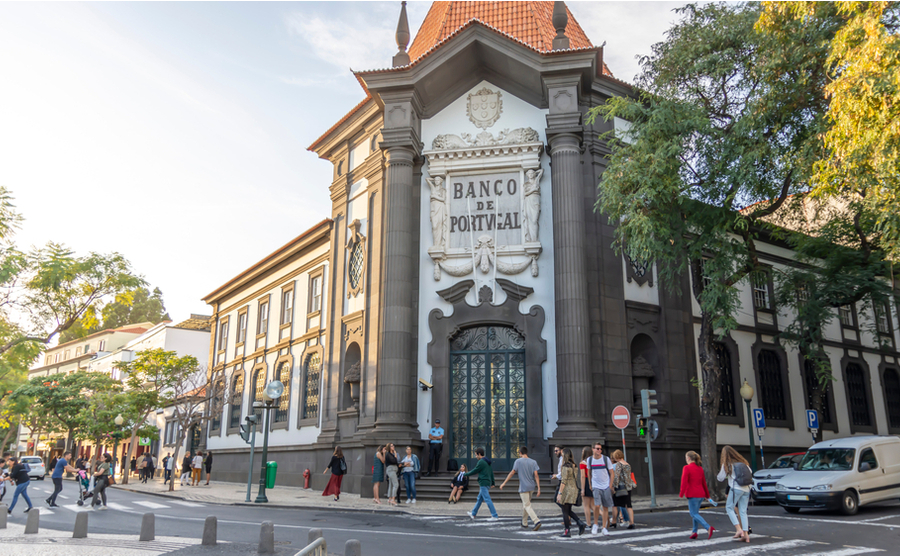
WIL KAMIJI / Shutterstock.com
For most visas, you’ll need to have deposited an amount of money into a Portuguese bank account, so it is important to open one.
When you go to open an account, the bank will require an initial deposit and lots of paperwork. To avoid unnecessary delays, ensure you bring with you your identification, fiscal number, proof of address, and anything else you think they could possibly ask for!
Why not split the cost and double the fun of owning a holiday home in Portugal by buying with family or friends? Read our guide to Buying Abroad with Family
Apply for your visa
As the UK is no longer in the European Union, Britons can only stay in Portugal for 90 days within a 180-day rolling period. If you want to spend longer than this in Portugal, for example for retirement or permanent relocation, you will need a visa.
There are several different options available and the process of applying is relatively straightforward. Nevertheless, it can make good sense to use a lawyer or agency to help with the process as they will to know the local procedures inside and out.

Which visa will best suit you? Well, it depends on your circumstances. The first option is the golden visa – with this visa you will receive a five-year residence permit with the option to apply for citizenship at a later date. To qualify for the golden visa, you must invest a substantial amount of money into the country. The general requirements are buying a property worth €500,000 or more, or depositing €1million in a Portuguese bank account.
Another popular visa option is the D7 visa. To qualify, you will need to prove you have an income that is comparable to the Portuguese minimum wage (€635 per month), however, it is frequently said that you will actually need around €1,000 per month. This visa give you residency for one or two years and can be easily renewed.
Organise healthcare and social security
Once you have sorted out your residency, you will be able to qualify for Portuguese state healthcare (SNS).
To register, go to the local centro do saude – they will likely ask for your social security number (segurança social). If you are employed in Portugal, your employer will obtain this for you. If you are self-employed, it will be issued as part of your registration as a trader. For those who are retired, you will need to visit the social security office with an S1 form issued by the UK.
Explore the local area
Lastly, explore your new area! Moving to Portugal means leaving your old life behind, which can be scary. Try out the local bars and cafes, join groups and try to socialise as much as possible, and you should have no trouble making new friends.
–
Are you looking for a property in Portugal? Search on Green-Acres
Want to sell your property on Green-Acres? Advertise on Green-Acres


